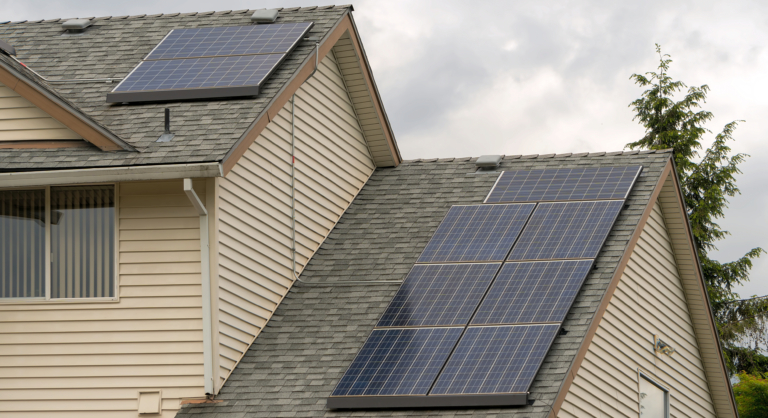What Massachusetts Owner-Occupied Residential Property Owners (and Solar Panel Installers) Need to Know Before Contracting for Home Energy Improvements
In July, 2024, the Connecticut Attorney General filed suit alleging that certain solar panel installers had violated the Connecticut Unfair Trade Practices Act (“CUTPA”) by:
- engaging in conduct that violates public policies against making misrepresentations and nondisclosures, against unfair practices by home improvement contractors and salespersons, and against unlawful trade work;
- engaging in conduct that was deceptive by making untrue or misleading statements and omissions to consumers regarding material facts related to solar system [sic] purchases, including but not limited to misrepresenting financial terms and failing to provide consumers with copies of contracts such consumers signed;
- violating several per se CUTPA violations pursuant to the Home Improvement Act, General Statutes chapter 400, and the Home Solicitation Sales Act, General Statutes chapter 740; and
- knowingly engaging in conduct that [they] knew was unfair or deceptive.
The Connecticut AG’s case is instructive for Massachusetts consumers and contractors. In our Commonwealth, any contractor or subcontractor who works exclusively in specific home improvement areas who agrees to perform residential contracting services in an amount in excess of $1,000.00 must be registered with the Office of Consumer Affairs and Business Regulation (“OCBR”) and must provide the owner with a contract for the work to be performed that complies with the Massachusetts Home Improvement Contractor Law, M.G.L. c. 142A (“HIC”) and OCBR regulations.
Although the Massachusetts HIC Law specifically exempts persons who install central heating, air-conditioning systems, energy-conservation devices, or provides conservation services conducted by or on behalf of a public utility under a program approved by the department of public utilities, the OCBR’s 2016 Guidance makes clear that solar panel installation in existing one-to-four-unit owner occupied residential properties is subject to the HIC Law.
This means that Massachusetts contracts for the installation of solar panels (and certain weatherization improvements) must include all of the provisions listed in M.G.L. c. 142A, § 2, among them:
- the full names, social security numbers, addresses, exclusive of post office box addresses, registration number of the contractor, the names of the salesperson, if any, who solicited or negotiated the contract and the date when said contract was executed by the parties; the date on which the work under the contract is scheduled to begin and the date on which said work is scheduled to be substantially completed; a detailed description of the work to be done and the materials to be used in the performance of said contract;
- the total amount agreed to be paid for the work to be performed under said contract; a time schedule of payments to be made under said contract and the amount of each payment stated in dollars, including all finance charges;
- a requirement that all contractors and subcontractors must be registered by the [Director of Home Improvement Contractor Registration] and that any inquiries about a contractor or subcontractor relating to a registration should be directed to the [Director of Home Improvement Contractor Registration] and the registration number of the contractor or subcontractor;
- the owner’s three-day cancellation rights under [M.G.L. c. 93, § 48], [M.G.L. c. 255D, § 14] or [M.G.L. c. 140D, § 10] as may be applicable; all warranties and the owner’s rights under the provisions of [the HIC Law]; and in ten point bold type or larger, directly above the space provided for the signature, ”Do not sign this contract if there are any blank spaces”;
- whether a notice of any lien that will be placed on the residence as a consequence of the contract; and
- that the contractor is required to inform the homeowner of: (i) any and all necessary permits, (ii) that it shall be the obligation of the contractor to obtain said permits, and (iii) that homeowners who secure their own permits will be excluded from the guaranty fund provisions of the HIC Law.
Categorized: Contracts, Solar Energy
Tagged In: contracts for solar panel installation, Massachusetts Home Improvement Contractor Law, solar panel installers




